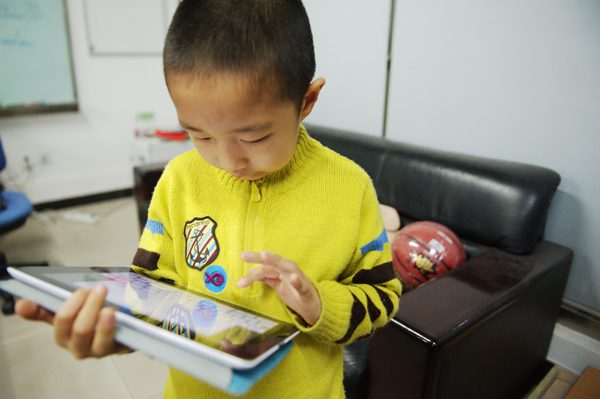Courts will support parents to get refunds when kids spend cash on streaming platforms: Official
 |
| Under Chinese law, acts of people under the age of 8 are identified as invalid, while behaviors of those aged from 8 to 18 should also be identified invalid if the acts do not match their capacity. [Wei Xiaohao/China Daily] |
The courts will support parents if they want refunds of money that was spent by their children on online games or hosts of live streaming platforms from internet companies, an official from China's top court said on May 19.
Under Chinese law, acts of people under the age of 8 are identified as invalid, while behaviors of those aged from 8 to 18 should also be identified invalid if the acts do not match their capacity, according to Liu Guixiang, a full-time member of the Adjudication Committee of the Supreme People's Court.
He highlighted the law at a press conference on Tuesday, after courts nationwide found many juveniles, especially those aged from 8 to 18, are irresponsible when surfing the internet at home during the novel coronavirus pneumonia outbreak.
"Some children used their parents' online payment tools or online credit cards to pay online games or give tips to online hosts, and the amount sometimes was large, such as a few thousand yuan, which didn't match their civil capacity obviously," Liu said, adding that if the children's parents initiate a lawsuit to ask the internet companies to return the online payments under these circumstances, courts should be in favor of them.
In response to the question on whether the parents should be blamed for their lack in supervision, he said he believes internet enterprises or online service operators can take technical measures to solve the children's tipping problem.
"What we want is to strengthen protection for children and urge internet companies to shoulder more social responsibilities," he added.
In addition, disputes relating to educational or training institutes also emerged during the outbreak, as some educational contracts between the institutes and their trainees or members were difficult to be carried out due to the epidemic, Liu said, adding decisions will be made according to different cases.
If the classes offered by the institute are online and work well, courts will not support the plaintiff. "But if the contract cannot be implemented effectively online, such as those on art training, we'll consider to ask the institute to pay back training fees," Liu explained.
He added Chinese courts will try their best to solve epidemic-related disputes to prevent people's work and daily lives from being influenced by the outbreak.







